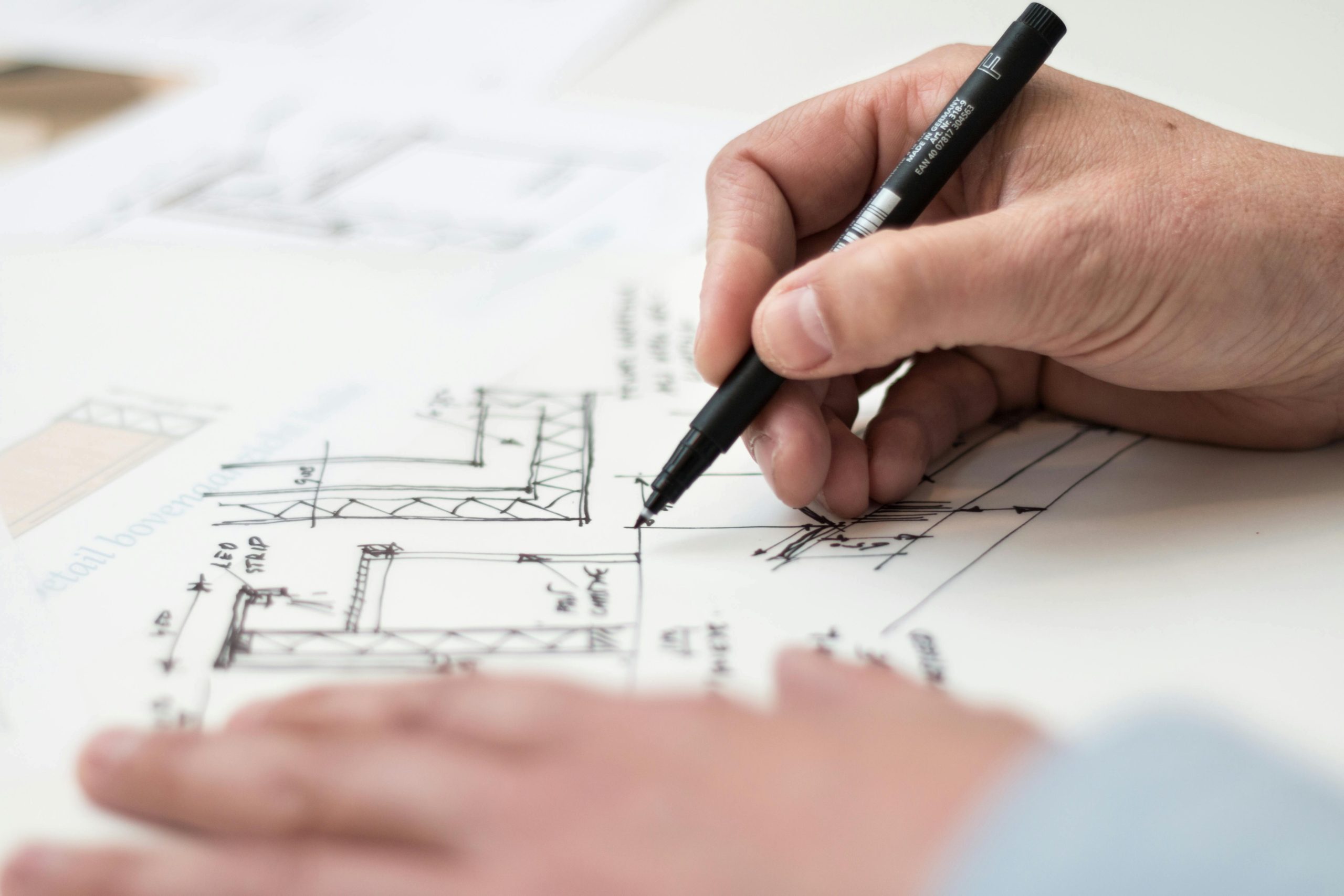Failing to follow updated plumbing regulations can result in failed inspections, costly rework, and delays in completing your remodel. Worse, it could leave your home vulnerable to leaks, poor drainage, or water damage down the line. This blog breaks down what plumbing code updates mean for Michigan remodels and how to make sure your project stays compliant from start to finish.

Why Plumbing Codes Matter in Home Remodels
Plumbing codes are not arbitrary—they exist to protect public health, preserve water quality, and ensure homes operate safely and efficiently. These codes cover everything from pipe sizing and fixture placement to backflow prevention and venting systems.
In Michigan, plumbing code enforcement is managed at both the state and local levels, and codes are updated periodically to reflect new technology, environmental concerns, and safety standards. If you’re remodeling a home that’s more than a few decades old, there’s a good chance some of your existing plumbing no longer meets today’s standards.
Code compliance is typically required if:
- You’re relocating or adding plumbing fixtures (toilets, sinks, showers)
- You’re modifying water supply or drain lines
- You’re converting unfinished spaces into bathrooms or kitchens
- You’re applying for building permits for a renovation
Staying informed about these requirements helps you avoid surprises during inspections and ensures your home is safe and up to modern standards.
Recent and Common Plumbing Code Updates in Michigan
While codes can vary by municipality, some common updates in recent years that affect remodels across Michigan include:
Water-efficient fixtures: Michigan now requires low-flow toilets, faucets, and showerheads in most new installations. These upgrades are part of broader efforts to reduce water waste.
Proper venting systems: Updates to venting requirements help ensure sewer gases don’t enter the home and improve drain efficiency. This is especially relevant when adding new fixtures in a remodel.
Backflow prevention: Any fixture or appliance that connects to a water supply (like dishwashers or outdoor hose bibs) must include backflow protection to prevent contamination.
Water heater safety standards: Newer codes may require seismic strapping, upgraded temperature controls, or specific installation clearances, especially for gas-powered models.
Pipe material limitations: Older homes may have outdated or banned materials (such as lead or galvanized steel). Remodels are a good time to replace these with modern options like PEX or copper, which meet current code.
It’s essential to check with your city or county’s building department for the specific codes that apply to your address and project scope. A licensed plumber can help you navigate these requirements.
Permits and Inspections: What’s Required?
Any plumbing work beyond simple repairs or fixture swaps typically requires a permit in Michigan. This includes relocating pipes, installing new drains, or adding new fixtures. When you apply for a permit, the work must be inspected by a code official once it’s completed or at specific phases.
Homeowners sometimes hesitate to pull permits because they fear added costs or delays, but skipping this step can backfire. Without permits and inspections, your remodel may be considered non-compliant or even illegal—especially if you decide to sell the home. It can also void insurance coverage in the event of a plumbing-related disaster.
Working with a plumbing contractor who understands the permit process can save you time and reduce the stress of dealing with red tape.
DIY vs. Professional Work: What’s Allowed?
Michigan does allow homeowners to perform certain plumbing tasks themselves if the home is their primary residence. However, DIY work must still meet code and pass inspections. The risk with DIY remodels is that seemingly small mistakes—like incorrect pipe slope or venting errors—can cause significant problems.
Professional plumbers are not only familiar with the current code, but they also stay up to date on changes that haven’t yet made it into widespread use. This helps ensure your remodel is done right the first time, meets legal requirements, and avoids future rework.
Planning Ahead: Remodel Smart, Not Just Fast
Plumbing code compliance isn’t just a checkbox for final inspections—it should be part of your planning process from the start.
- Ensure your layout allows for proper venting and drainage
- Choose fixtures that meet current efficiency and safety requirements
- Account for necessary access panels or pipe clearances
- Review your plans with a licensed plumber before pulling permits
Planning for compliance early can help avoid layout limitations or rework later on. It also allows you to build your remodel around the plumbing infrastructure, rather than treating it as an afterthought.
Trust Premier Plumbing to Guide Your Remodel Right
If you’re planning a kitchen or bathroom remodel in Southeast Michigan, make sure you’re starting with a strong foundation—code-compliant plumbing. Premier Plumbing, Inc. specializes in helping homeowners design and execute remodels that meet today’s safety and efficiency standards. We handle everything from fixture installation to full system upgrades, all while navigating Michigan’s permit and inspection process on your behalf.
Contact Premier Plumbing today to schedule a remodel consultation and make sure your renovation is safe, legal, and built to last.

